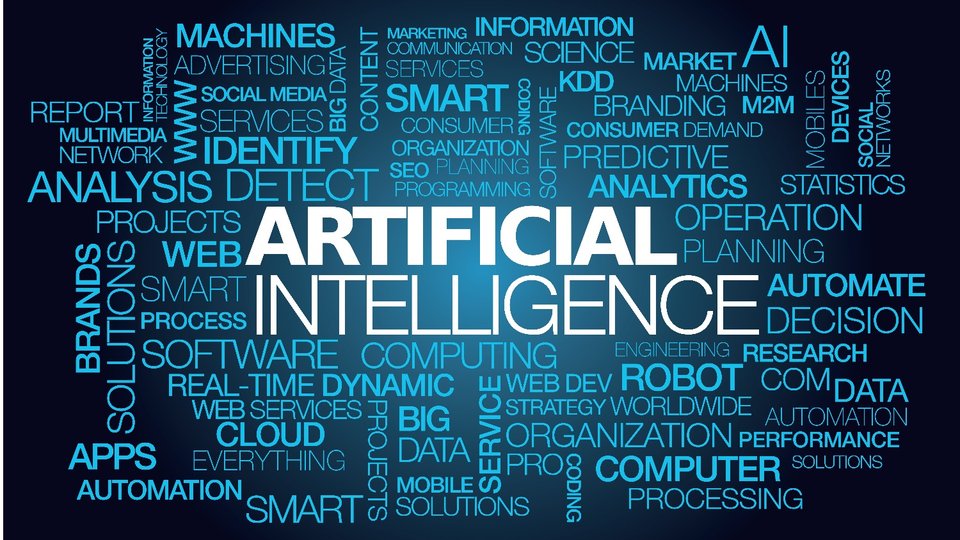Commentary
What players will lead retail AI?
The companies that will dominate AI will be those that successfully blend AI with existing industries, have a team that includes both tech and non-tech experts, and prioritize user experience and speed.

April 17, 2023 | by Jordan Fisher, Standard AI
Twenty-Twenty-Three is shaping up to be a pivotal year for advancements in artificial intelligence technology, and companies focused on building that technology will be at the forefront of shaping the future. The speed of innovation and ubiquity of companies entering the space make it inevitable. What does that mean for the industry?
- We can't afford to let AI be the Wild West. There's a clear need for well thought out, clear regulation. Good legislation will help protect consumers from potential harm while ensuring that there are clear guidelines for companies on risk assessment.
- Generated pictures are cool, but they're not the big picture. We're at the verge of serious takeoff velocity for computer vision applications. The technology is getting very good and now the challenge is less about building the technology than it is about getting very smart about how you apply it.
- Building great AI is "table stakes." To truly transform an industry with the tools we are building we have to develop and maintain a deep expertise in the ins and outs of that industry. AI companies serving the retail sector will need to realize they are not AI companies in retail but retail AI companies, and will make sure that the product and go-to-market teams are as important as the engineering teams.
- The data is here. Usability is next. The big challenge now for AI startups is creating a truly approachable UX. When we can apply the data in ways that really work for users, it will truly feel like magic.
How do you define your mission?
What is your company's mission? Back in 2018, The Wall Street Journal declared every company is now a tech company. In 2020, Forbes told us that every company is a data company. McKinsey wrote in 2022 that every company is a software company. Each leap we take in technology creates a new way of doing business in every single sector.
As Paul Daugherty, chief technology and innovation officer at Accenture, puts it, "The playing field is poised to become a lot more competitive, and businesses that don't deploy AI and data to help them innovate in everything they do will be at a disadvantage."
Every company will need to have some level of AI integration in order to stay competitive.
Strong tech alone won't cut it
Building great AI alone will not propel a company to success, however. Even if you are able to build a team of the top engineers to build flawless AI for your company, it would be worthless without the right people to implement, apply and sell it.
You need subject matter experts and product managers who understand how to apply it in the real world. This interdisciplinary approach is key to bridging the gap between AI and traditional industries.
Bringing in practitioners with deep roots in retail and consumer product manufacturing helped our company see the potential of our software beyond its initial applications. We'd built this technology to simplify checkout, but the retail experts instantly saw the potential to reap insights and analytics to solve pain points we didn't even know existed for retailers.
They helped us understand some of the fundamental questions retailers are trying to answer, including:
1. Where do people typically go in a store, and how do they interact with the products?
2. Where do people dwell? What items do they choose between?
3. Which items are out of stock, and when do they go out of stock?
4. What items are on the shelves, and where are they located in the store?
Make it easy, make it fast
Your technology can be infinitely intelligent, but if it's slow and cumbersome to use, people won't use it. AI will be at its best when it is collaborating with the people who use it.
Right now, AI is new and exciting. Whereas everywhere else consumers have been trained to expect lightning fast technology, here they're willing to wait the one to five seconds for their ChatGPT story or their new Lensa portraits. That won't last.
Make it intuitive, useful and fast, and you'll not only create a product people are excited to use, but you'll have the data required to help your AI system learn, adapt and become indispensable.
There's a big business opportunity for the company that favors speed over complexity. When users are seeing these outputs almost instantaneously it will feel like magic, and it will change their expectations overnight.
The companies that will dominate AI in 2023 will be those that are able to successfully blend AI with existing industries and expertise, have a winning team that includes both tech and non-tech experts, and prioritize user experience and speed.
Jordan Fisher is CEO at Standard AI, a provider of AI-powered autonomous checkout solutions for brick-and-mortar retailers.
 ChatGPT
ChatGPT Grok
Grok Perplexity
Perplexity Claude
Claude










